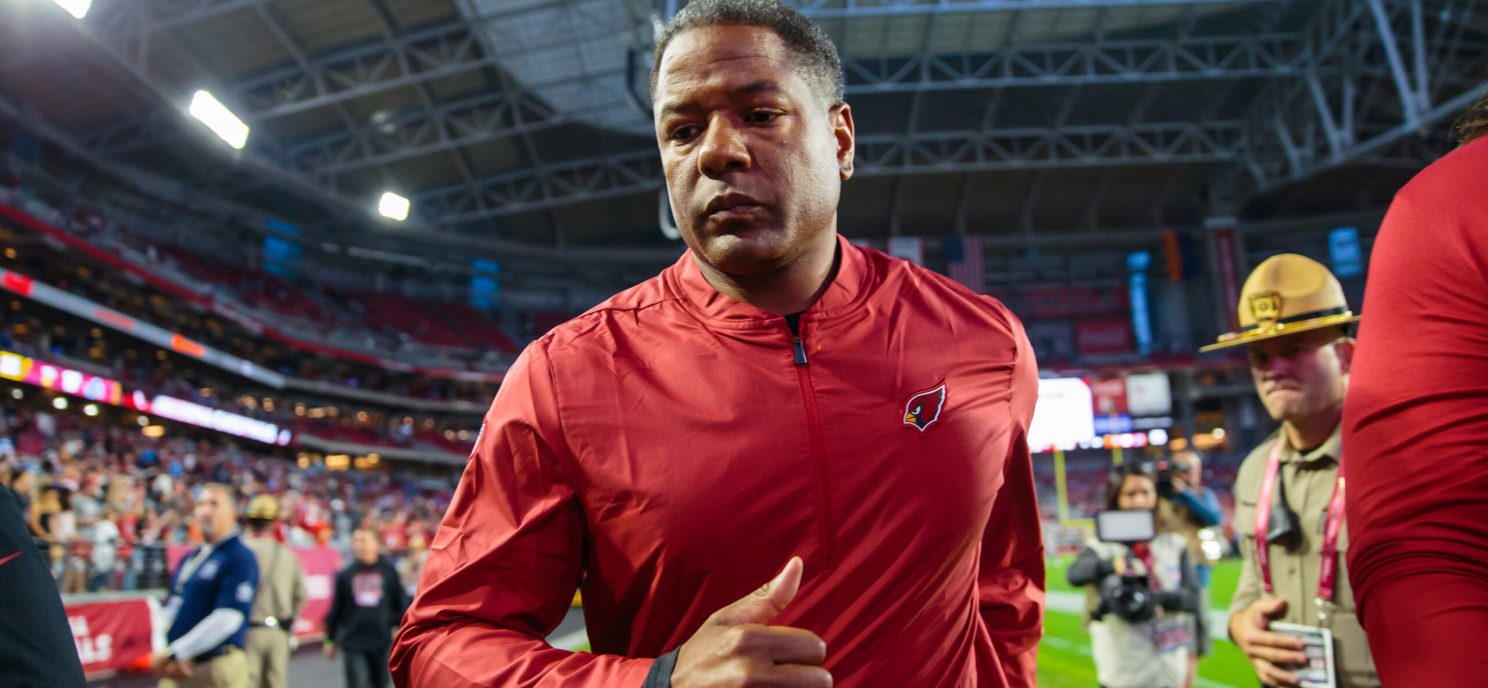Managerial lessons from fired football coaches

Arizona Cardinals head coach Steve Wilks leaves the field in December, one of half a dozen NFL coaches fired following the 2018 season. Credit: Mark J. Rebilas/USA TODAY Sports
Six National Football League head coaches were fired on Dec. 31, or “Black Monday,” as it’s known in the sport. The infamous tradition begins immediately after the conclusion of each NFL regular season and represents efforts by underperforming teams to make leadership changes.
This story is not unique to sports, of course. Based on surveys with executives from a wide range of fields, the rate at which managers lose relevance has increased dramatically, even over just the last decade. The world is changing faster than ever before; technological advances are occurring at a lightning pace due to the increased rate at which we now exchange information.
That’s why it is more important than ever for managers to make increased efforts to stay relevant and protect against skill obsolescence. Might they learn something about the trajectories of their own careers by exploring the details of the NFL coaching carousel over the last few decades?
Boris Groysberg, Evan M.S. Hecht, and Abhijit Naik of the Harvard Business School have a new paper that explores this topic. They examined the link between tenure and job performance among business managers, finding that some are able to maintain job performance by adapting and staying relevant, while others do not; they see their job performance decline over time, ultimately leading to their dismissal. They also took an in-depth look at the most successful coaches, and the skills that helped them most.




